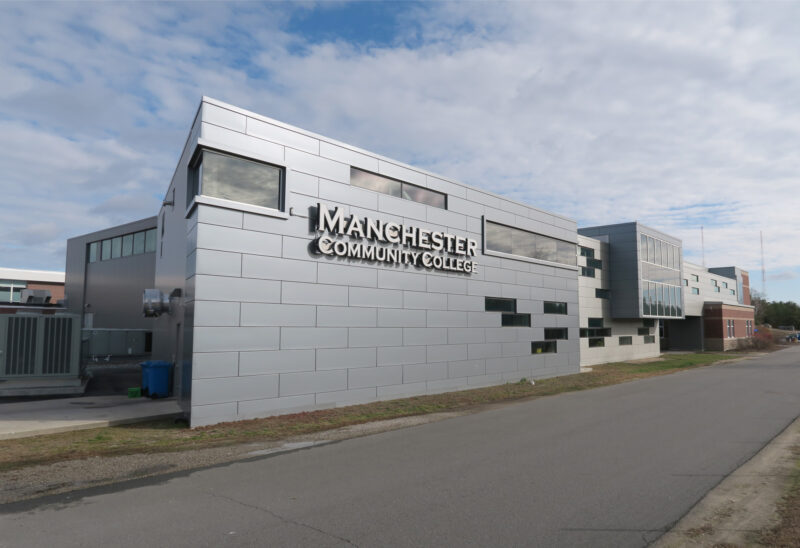Dot Sawyer and Eleanor “Clemmie” Clement were an occupational therapist and nurse who retired in the mid-1940s — and then immediately un-retired when faced with a community need: Six-year-old Judy, a neighbor’s child, had disabilities that required more complex care than her family could provide. Dot and Clemmie brought Judy to live with them.
But Judy was not the only child who needed them. By the early 1950s, the women were caring for 10 children with physical and intellectual disabilities, 24/7, in their hilltop farmhouse. In the early 1960s, they built an addition so 20 children could be in their care.
Now, the legacy of those two remarkable women is the Cedarcrest Center for Children with Disabilities in Keene, a combination specialized pediatric medical facility, home and school serving children from infants to age 21.
Some children come here as babies, directly from the hospital, and Cedarcrest staff teach families how to care with infants with complex medical needs and prepare them to go home. Some children come for short-term stays; some might need to stay for years. When children are close to aging out of services provided here, staff work with families and other agencies to create transition plans for their continued care.
In the toddler area, a little one practices walking on sturdy legs, a feeding tube looping from her backpack. Near the middle school classroom, reports on Martin Luther King Jr. and Eleanor Roosevelt are prominently displayed. Outside, children of all abilities can enjoy a fully
adaptive playground.
Families who need the services that Cedarcrest provides are often facing a complex series of challenges themselves. Medicaid covers medical services provided, and the children’s home school districts pay educational and therapy expenses — but neither cover the full costs incurred. (And Cedarcrest has not had a Medicaid rate increase since 2009.) But families are not charged for the shortfall — in fact, they are not charged anything by Cedarcrest. To fill the funding gaps, Cedarcrest relies on grants and contributions. The Charitable Foundation recently awarded Cedarcrest a $60,000, multiyear operating grant.
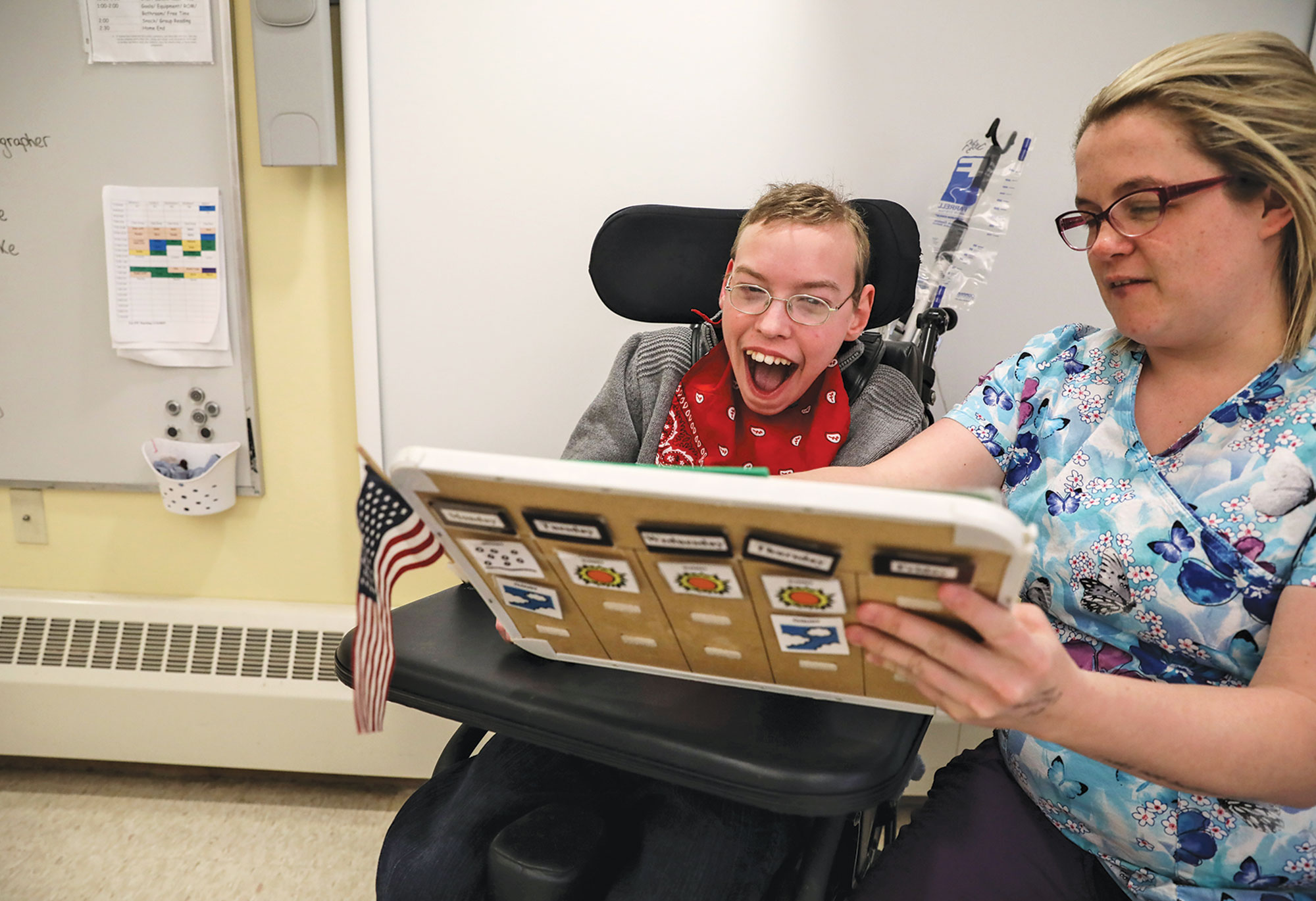
Justin Milliken is a 19-year-old from Charlestown who loves the Red Sox and “Ellen” and adaptive skiing. Like many children, he came to Cedarcrest with multiple diagnoses — including cerebral palsy, seizures, visual impairment and asthma. Justin uses a feeding tube and a wheelchair. His local school district struggled to adapt to meet Justin’s needs. Now, he is a day student at Cedarcrest, and comes for occasional short-term stays.
Justin is non-verbal, but his mom and teachers at Cedarcrest understand his cues. A few weeks after he started school at Cedarcrest and Dee came to pick him up, the usually effusive young man put his head down and shot his mom a “what-are-you-doing-here?” look. He didn’t want to leave. Dee knew she had found the right place for Justin. Snow days? Justin is not a fan.
“He is a really happy guy, and I think it is about the environment and the people who care for him,” Dee said. Cedarcrest means that this family can thrive in a way that it would not be able to otherwise. Because Justin has year-round school with built-in medical care and integrated occupational and other therapies, Dee is able to work.
Without Cedarcrest, Dee says, “I would not own my own home or have a fulltime job or feel safe or comfortable.”
Cedarcrest has been part of this community for more than a half-century. Typically developing students from other local schools come to Cedarcrest to share music and other activities, and Cedarcrest students make frequent visits to the library, Montshire Museum and other destinations. Cedarcrest’s playground is open to all children who want to come and play.
“We are actively helping these children thrive,” said Kristin Targett, director of social services at Cedarcrest. “We are here to help them
live the best lives that they can.”

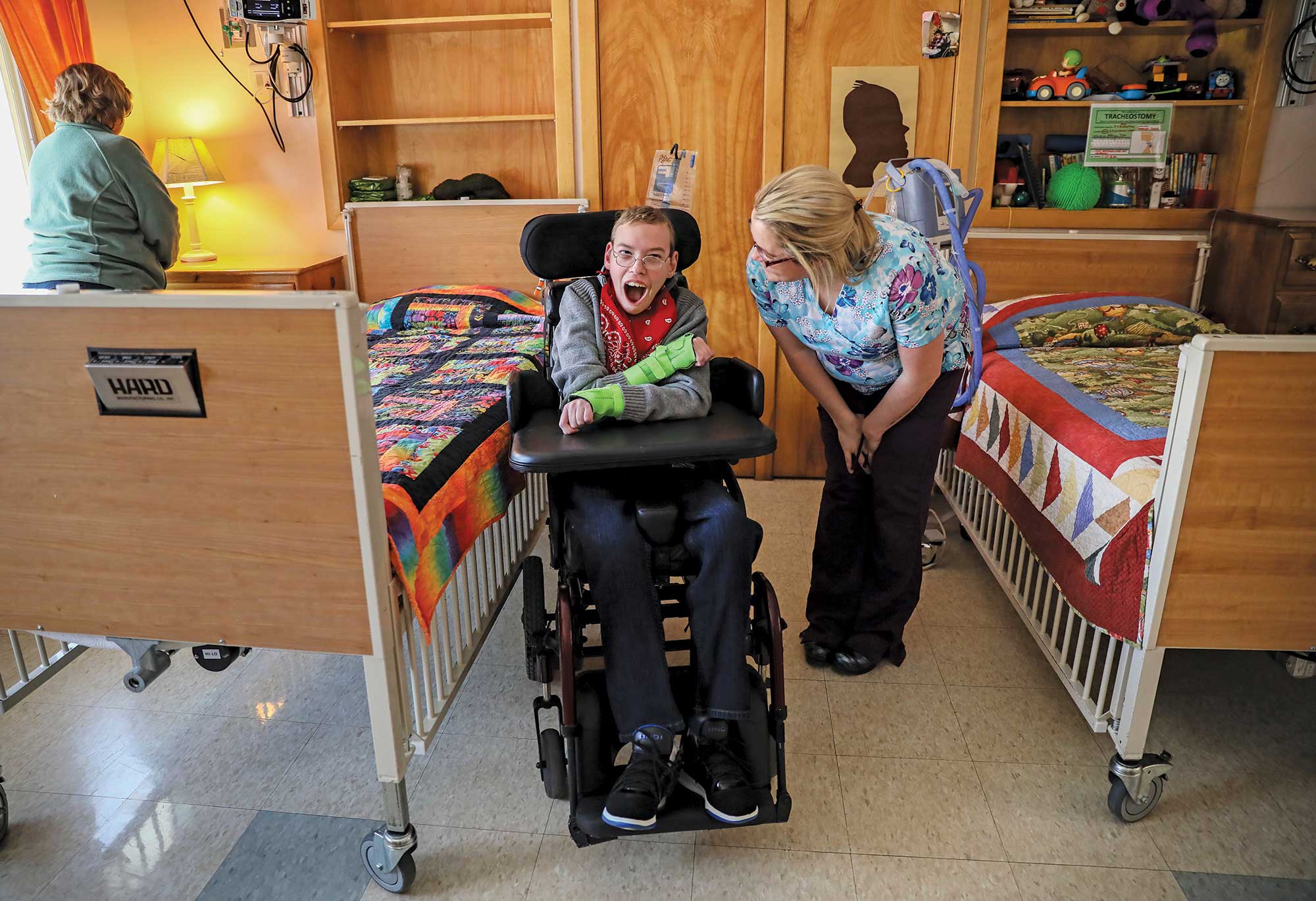








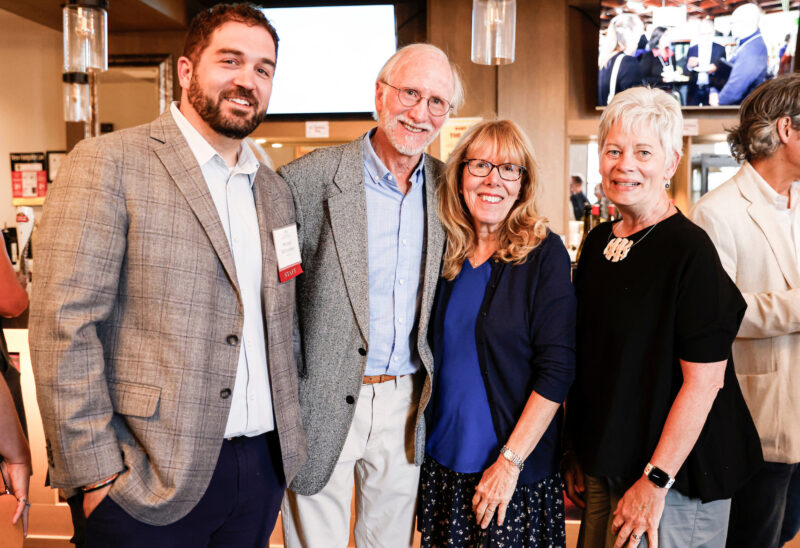
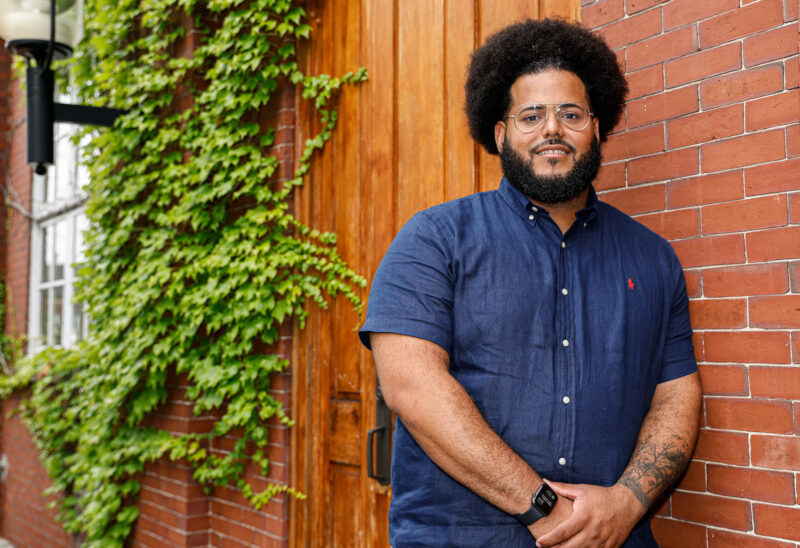

![Rev. Heidi Carrington Heath joined Seacoast Outright. [Photo by Cheryl Senter]](https://www.nhcf.org/wp-content/uploads/2024/05/Heidi-Carrington-Thumbnail-800x548.jpg)
![Dr. Jennie Hennigar treats a patient at the Tamworth Dental Center [Photo by Cheryl Senter]](https://www.nhcf.org/wp-content/uploads/2024/05/TCCAP-Hero-800x548.jpg)

